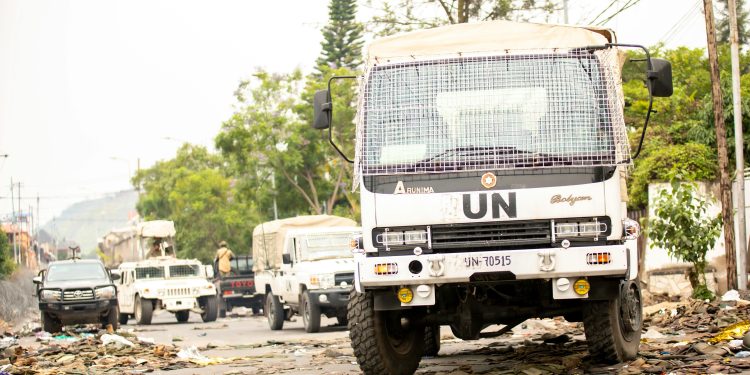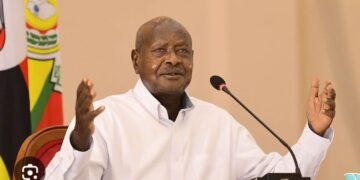The U.N. food aid agency has issued a stark warning that funding cuts by the Trump administration will lead to millions facing starvation. The World Food Programme (WFP), which provides critical assistance to over 100 million people globally, is grappling with a severe budget shortfall after the U.S.—its largest donor—slashed foreign aid and humanitarian funding. These cuts come at a time when global hunger is reaching alarming levels, with the WFP reporting that acute food insecurity now affects 343 million people across 74 countries.
The reduction in U.S. support has forced the WFP to make difficult decisions, including scaling back food assistance to those on the brink of starvation. Without urgent action to address the funding gap, the agency warns that the consequences will be devastating, potentially pushing millions into famine and exacerbating global instability. The situation highlights the critical need for sustained international cooperation and support to prevent a humanitarian catastrophe.
“In the past, we had to cut food aid to people who were hungry but not yet starving. Now we’re forced to cut assistance even for those facing starvation,” Skau told POLITICO in an interview during a visit in Brussels.
“That means people will die.”
France, Sweden, and Finland are cutting foreign aid budgets
The Rome-based WFP is not the only U.N. agency grappling with a financial crisis. Its counterpart, the Food and Agriculture Organization (FAO), has also been compelled to halt projects after losing approximately $300 million in annual funding from the United States.
As U.S. aid declines sharply, the European Union faces increasing pressure to bridge the gap. However, rather than increasing their contributions, some of the EU’s largest donor countries are following Washington’s example and reducing their support. France, Sweden, and Finland are cutting foreign aid budgets, while Germany is considering redirecting funds toward migration control and trade priorities. In several nations, new right-wing coalitions have been reallocating resources away from humanitarian programs and toward deportation policies, echoing the approach taken during the Trump administration.
Simultaneously, the European Union is reshaping its development aid strategy, using it as a geopolitical tool by redirecting funds toward security, trade, and Europe’s own strategic interests. This shift reflects a broader trend of prioritizing national and regional priorities over global humanitarian needs, even as the demand for aid continues to rise.







